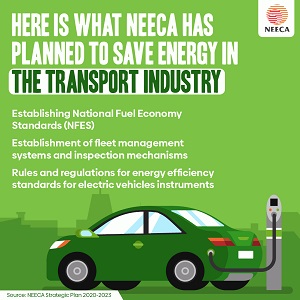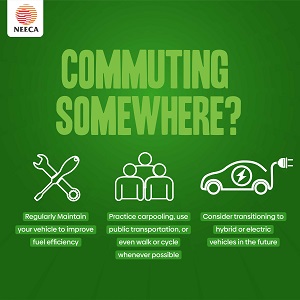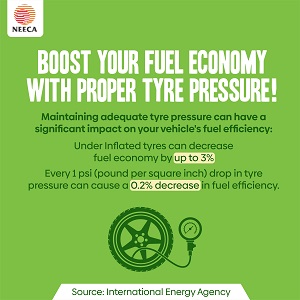The National Energy Efficiency and Conservation Authority (NEECA) is leading the way with pioneering initiatives that aim to tackle the pressing energy consumption and emissions challenges in the transport industry. In this article, we will explore how NEECA is revolutionizing the way we move and highlighting the importance of collective efforts in creating a cleaner and more efficient transport system.
The Problem: Energy Consumption and Environmental Impact
The transport sector in our country accounts for a staggering 30% of the total final energy consumption. Pakistan heavily relies on imports of transport fuels, resulting in a monthly import cost of $1.3 billion. With the number of cars and motorcycles increasing rapidly, the demand for fuel continues to grow. This poses challenges not only in terms of energy security but also in terms of environmental and air quality. NEECA recognizes the urgent need to address these challenges and is taking bold steps towards an energy-smart transport future.
Q&A with Khalil Raza and Muhammad Umar from NEECA
What is stopping you from adopting energy conservation and efficiency practices in your daily life? #PMsEnergyReforms #NEECA #EfficientEnergy
— NEECA (@NEECA_Pakistan) July 25, 2023
NEECA's Solution: Transforming Transport through Efficiency
NEECA's initiatives in the transport sector are designed to promote energy efficiency, reduce emissions, and shift towards more energy-smart modes of transportation. One of the key initiatives is the establishment of National Fuel Economy Standards (NFES). These standards aim to improve the penetration of fuel efficient vehicles in the country, leading to a cleaner and more energy-efficient transport fleet.
NEECA's efforts do not stop there. They also include the development and enforcement of standards for Electric Vehicle Supply Equipment (EVSE), Electric Vehicles (EVs), and charging infrastructure. By promoting the adoption of electric vehicles, NEECA is driving the electrification of the transport sector, reducing dependence on fossil fuels and lowering emissions.
Creating a Greener Transport System
NEECA's initiatives in the transport sector have far-reaching benefits. By embracing energy efficiency and adopting electric vehicles, we can reduce our reliance on imported fuel, lower emissions, and improve air quality. The implementation of fuel economy standards, annual tune-up certification, and promotion of car-pooling and mass transit all contribute to a more energy-smart and efficient transport system.
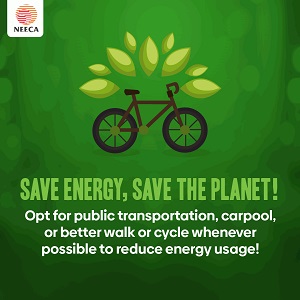
How Can You Play Your Role?
We all have a role to play in creating an energy-smart transport future. You can start by regularly maintaining your vehicles, considering energy-efficient and electric vehicles for your transportation needs. You could also explore carpooling options and take advantage of mass transit systems, or even cycling or walking whenever possible.
Encourage policymakers, businesses, and communities to support NEECA's initiatives and invest in energy-efficient transport solutions.
Together, let's drive towards a cleaner and more energy-smart future. By collectively adopting energy-efficient practices and embracing energy-smart transportation options, we can create an energy forward Pakistan for generations to come.
"I'm grateful to all the Agencies for helping us in Developing our First ever EV Charging Infrastructure regulations."
Mr. Sardar Mohazzam, MD - NEECA
ENERGY EFFICIENCY CHALLENGES IN THE TRANSPORT SECTOR
The transport sector accounted for 30.3 percent of total final energy consumption, and it heavily rely on imported fuel. Liquid fuels dominate in the transport energy mix. The number of cars and motorcycles has been growing at 10 percent annually, consequently increasing the demand for fuel. As of 2021, the total number of registered vehicles are around 32.3 million out of which two wheelers (motorbikes) have reached to 25 million.
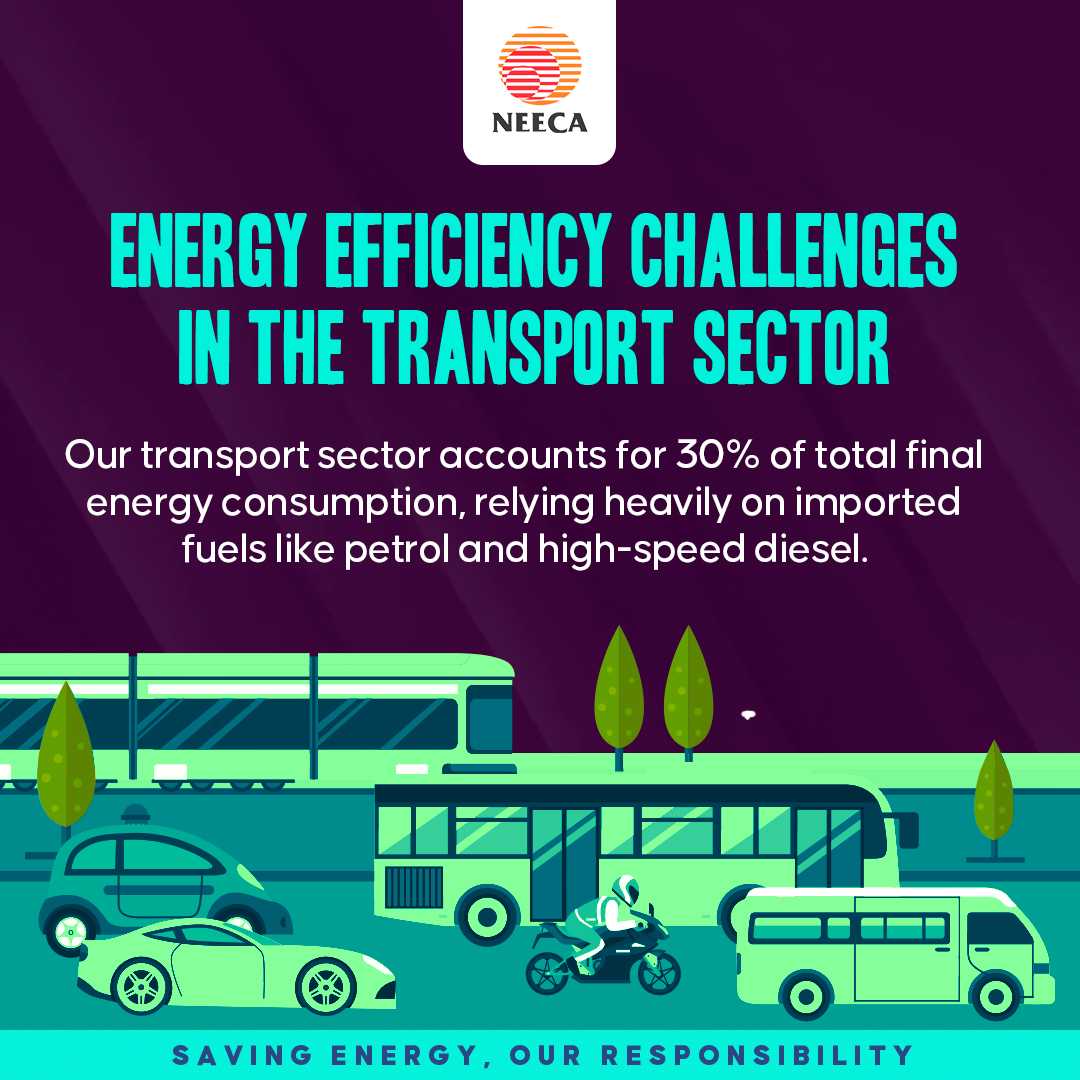

NEECA'S TARGET FOR ENERGY EFFICIENCY IN TRANSPORT
NEECA has set an ambitious target of saving 2.48 million metric tons of oil equivalent (MTOE) of energy by 2030, leading to a substantial reduction of 7.7 million metric tons of carbon dioxide emissions (MT CO2). They plan to achieve this through various sectoral measures, including the development and implementation of codes and standards for Electric Vehicle Supply Equipment (EVSE), Electric Vehicles (EVs), and charging infrastructure by 2025. Additionally, they aim to enforce National Fuel Economy Standards and vehicle/fleet retirement age regulations for the transport sector by 2026. Other measures include mandatory annual tune-up certification for older Internal Combustion Engine (ICE) vehicles, promotion of car-pooling and mass transit, and mandatory yearly energy audits of public sector transport fleets by 2023. These initiatives represent a comprehensive approach to improving energy efficiency and reducing emissions in Pakistan's transportation sector.
NEECA'S INITIATIVE: ESTABLISHING NATIONAL FUEL ECONOMY STANDARDS (NFES)
NEECA (National Energy Efficiency and Conservation Authority) is taking proactive steps to establish the National Fuel Economy Standards (NFES). This initiative, coupled with the enforcement and development of regulations related to vehicle and fleet retirement age, is poised to significantly boost energy efficiency in the transport sector. By setting standards and promoting the retirement of older, less fuel-efficient vehicles, NEECA aims to enhance transportation efficiency while reducing fuel consumption and emissions, contributing to a more sustainable and environmentally friendly transport system.
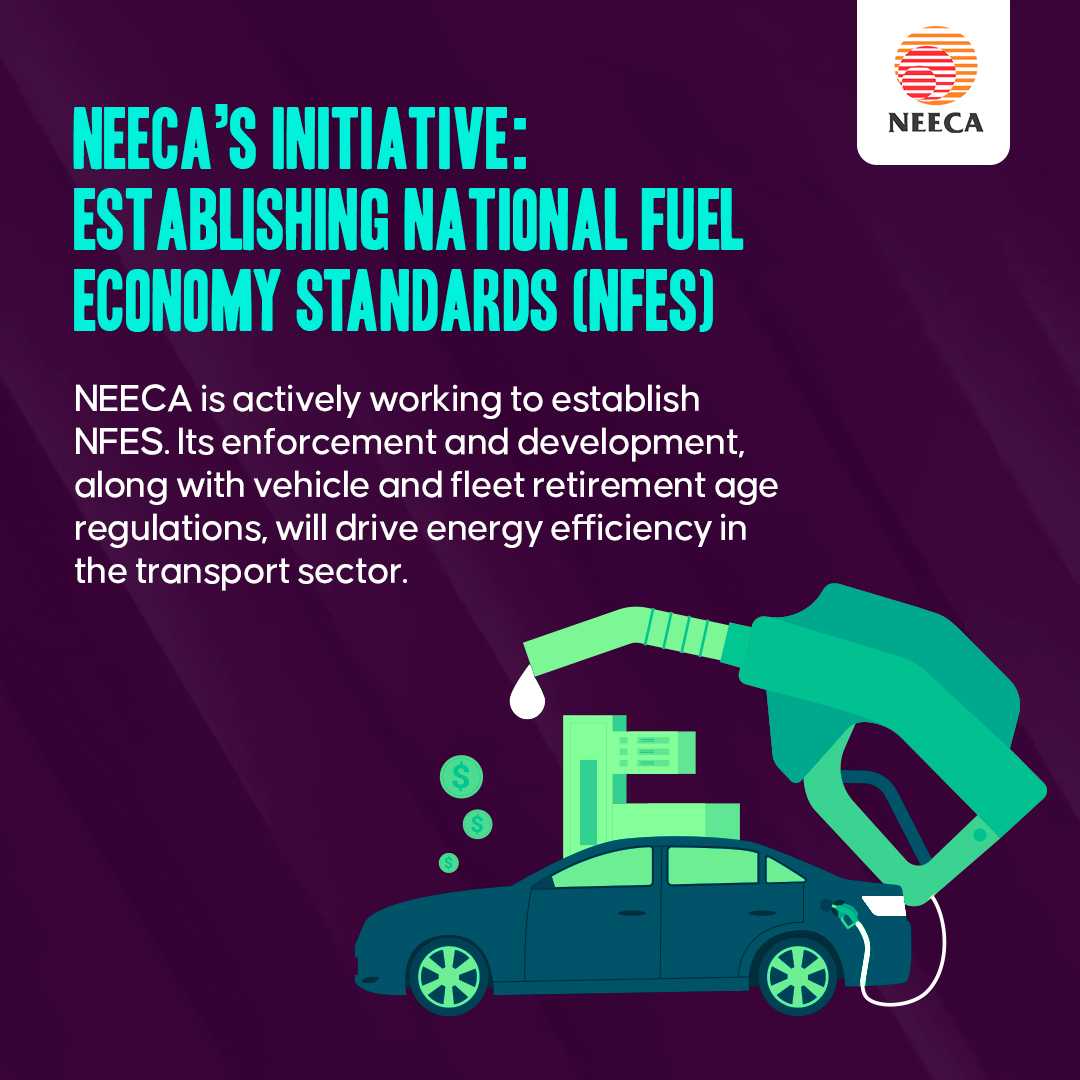
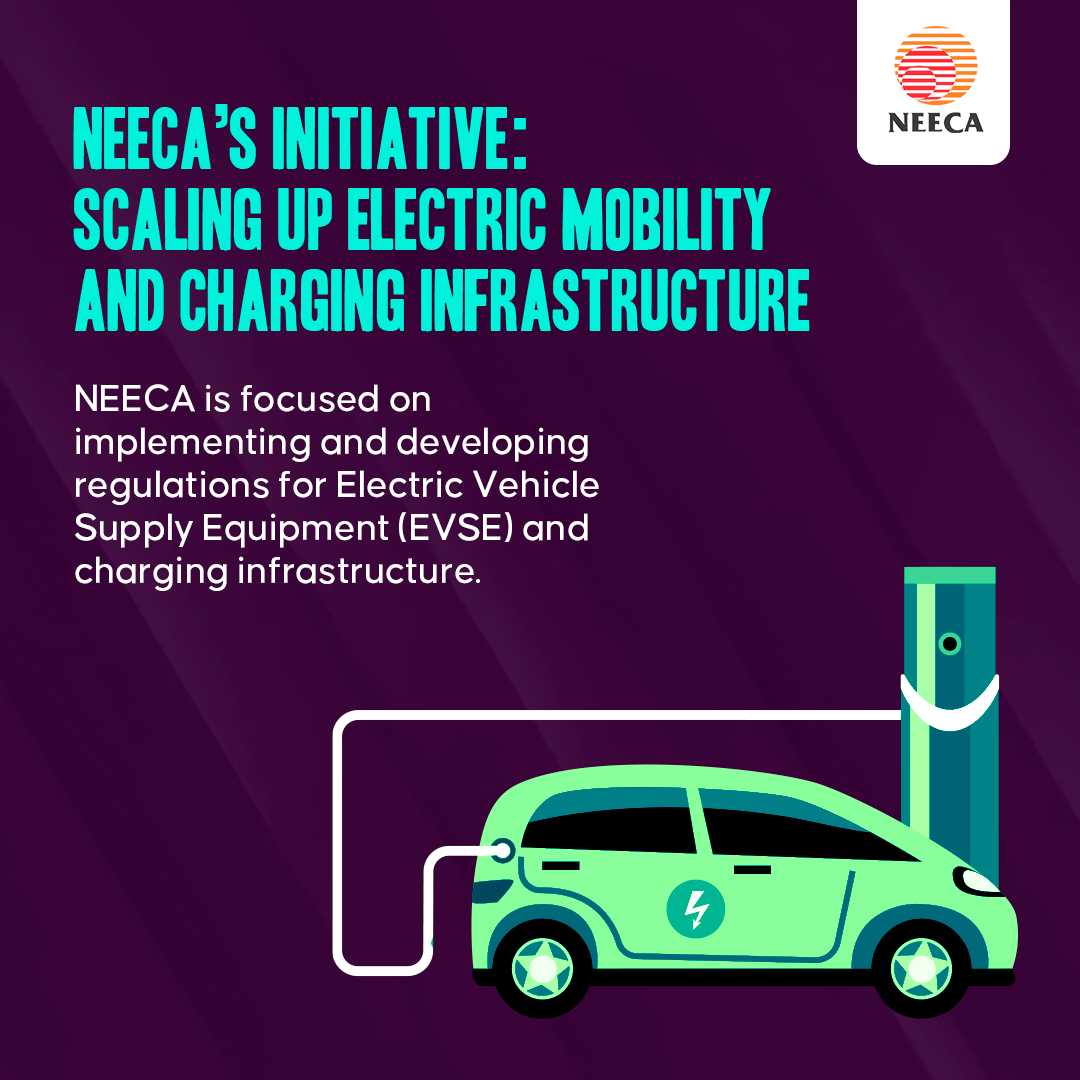
NEECA'S INITIATIVE:SCALING UP ELECTRIC MOBILITY AND CHARGING INFRASTRUCTURE
The transport sector is the largest consumer of petroleum-based fuels, accounting for30% of final energy consumption of Pakistan, and the road transport sector has the major share. Globally, Electric Vehicles (EVs) are gaining substantial momentum due to their higher energy efficiency, lower running and operations costs, and zero tailpipe emissions. Realizing the energy efficiency and saving potential in transport sector through introduction of EVs, Pakistan has introduced Electric Vehicle Policy in 2019 with objectives of EV penetration and standardization of EV charging infrastructure. To promote and accelerate the EV penetration in the local automobile market esp. two/three wheelers and support the goals of EV Policy 2019. This action will save 0.9 Mtoe energy per annum from fuel. The financial impact of these fuel savings is estimated at 605 Million USD per year. The saving in fuel shall reduce approx. 2.75 MTCO2 emissions per annum.
NEECA'S INITIATIVE:ESTABLISHING COMPUTERIZED TUNE-UP CENTERS, AND INSPECTION MECHANISMS
Pakistan has more than 0.6 million tractors of different horsepower used for agricultural purpose and is an energy intensive component of this sector. Regular tune-up of tractors improves its efficiency by complete burning of the fuel in the engine. Range of inspections, adjustments, and replacements to various parts and components of the tractor will be carried out through computerized tune-up centers. To improve energy efficiency of tractors in the agriculture sector. This action can enhance efficiency of the combustion process in tractor engines on average by 15% and save 0.1 Mtoe annual energy from diesel fuel. The financial impact of this electricity saving is estimated at 80 Million USD per year. The saving in electricity shall reduce approx. 0.31 MTCO2 emissions per annum.
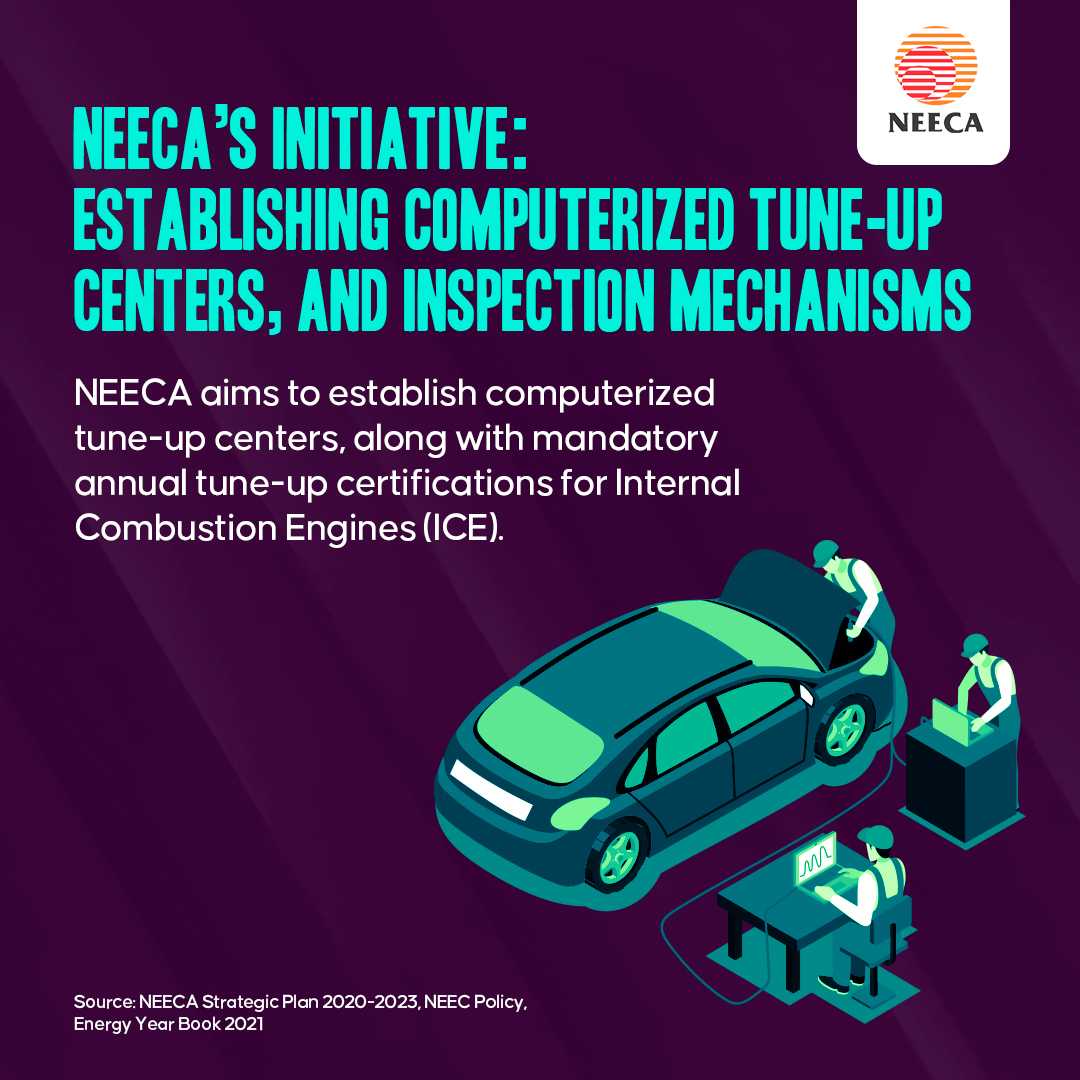
The transport sector of Pakistan consume 30% of the total energy consumption.
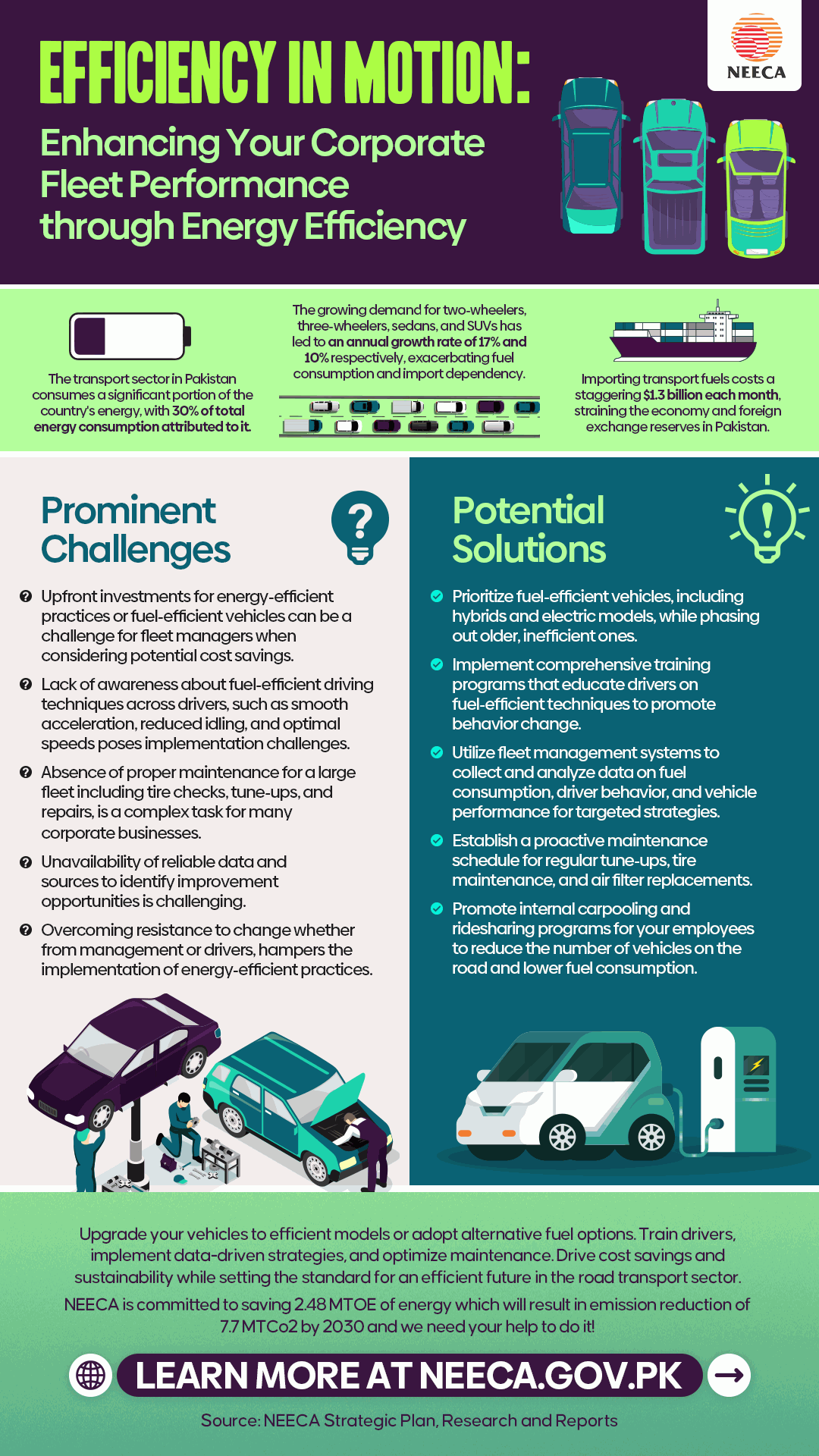
Importing transport fuel costs a staggering $1.3billion each month,straining the economy and foreign exchange reserves in Pakistan
Upgrade your vehicle to efficient models and adopt the alternative fuel option.



